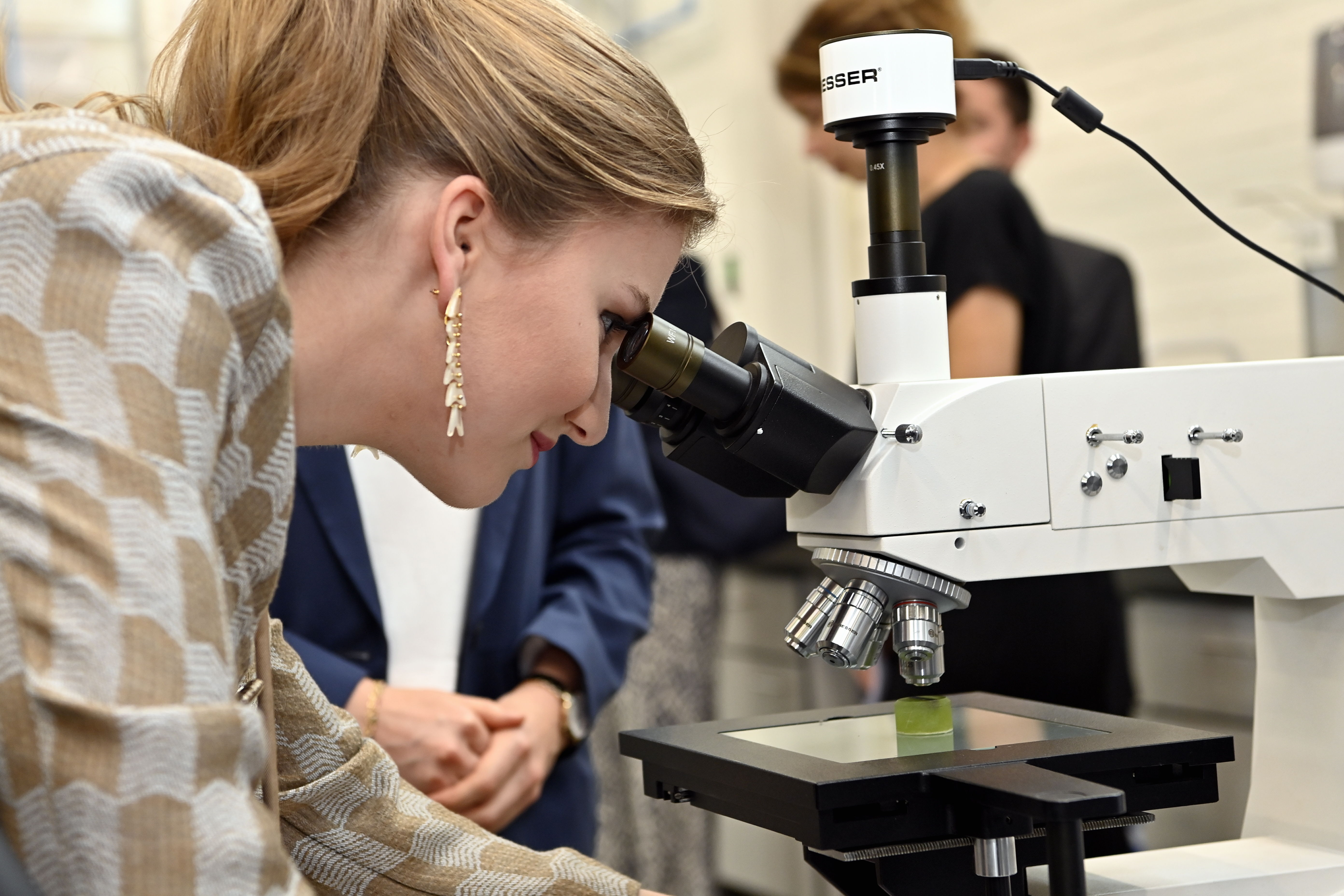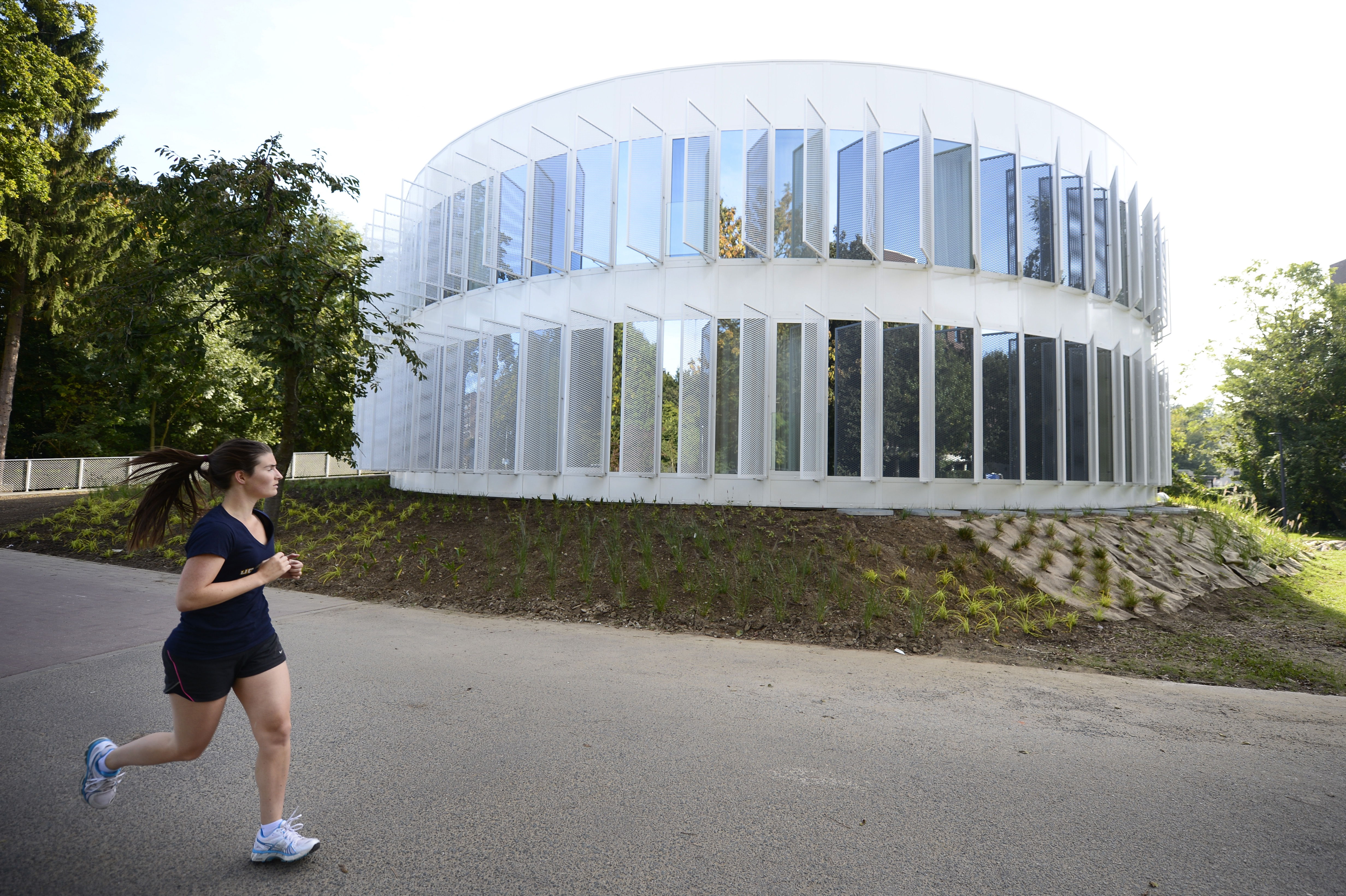Ranked among the best in the world, KU Leuven celebrates its 600th anniversary in 2025
Flemish universities

KU Leuven is one of Europe’s oldest universities. The institution is the oldest university in the Low Countries and the oldest Catholic university in the world.
Even though the university of Leuven was born in Flanders, the main language of communication was French, the language of European diplomacy from the 17th century until the mid-20th century.
Only in 1911, when the first lectures were taught in Flemish, the Dutch language slowly started to become more important. During the Belgian political turmoil of the late sixties, with various nationalist parties emerging, the university of Leuven was split into two independent sister universities: ‘Katholieke Universiteit Leuven’ (now KU Leuven) with Dutch as the official language, and the French-speaking ‘Université catholique de Louvain’ (Catholic University of Louvain -UCL).
Best in the world
The latter established itself on the brand-new campuses in Louvain-la-Neuve (in the Walloon provinces) and Woluwé (Brussels). Today, the two sister universities are on an excellent footing and collaborate in the areas of education, research and organization.
They are both ranked among the best universities in the world: KU Leuven is the first university in Belgium and the 76th in the world. Catholic University of Louvain is the third in Belgium and the 195th in the world.
Erasmus, Mercator and Lemaître
The University that is now known as KU Leuven was founded with the papal bull ‘Sapientie immarcessibilis’, issued by Pope Martin V on 9 December 1425. It attended a request of the city of Leuven to create the University with the support of John IV, Duke of Brabant, and the city’s clergy. The university initially comprised four faculties: humanities (Arts), canon law, civil law, medicine; later in 1432, theology was added.
A little over a century after its foundation, the University accommodated about 2,000 students, of whom more than 200 came from abroad. Among them was the humanist philosopher Desiderius Erasmus (Erasmus of Rotterdam). He got involved in the printing and publishing of Thomas More’s controversial Utopia in 1516. Erasmus also founded the Collegium Trilingue, a centre of humanistic activities developing critical research.
Sixteenth-century Leuven became a haven for scholars from all across the continent, such as anatomist Vesalius, cartographer Mercator, mathematician Gemma Frisius, pedagogy scholar Vives and many others.
The university of Leuven was also a stronghold against the Reformation and remained loyal to the Catholic Church. However, the University considers "it has always been a critical centre of learning, fostering a healthy amount of tension in its interaction with Church authorities".
In 1927, the research of professor Georges Lemaître on the hypothesis of the expanding universe contributed to the theory of general relativity and cosmology, which may be considered the foundations of the Big Bang theory (1931) of Albert Einstein.
Inclusion and lifelong learning

Today, KU Leuven accommodates 50,000 students, spread across the various campuses in Leuven and in Flanders. The University and the Hospitals Leuven each employ almost 10,000 people. During the 2017-2021 term of office, KU Leuven focused on realising the policy plan "On Crossroads, for a Sustainable Society."
"With the 2021–2025 strategic plan, we're aiming for continuity," says the rector Luc Sels. "In the previous policy period, choices were made that require putting a great deal of energy into full transformation, such as the introduction of the first milestone, the far-reaching digital transformation, or the many internationalisation initiatives in education and research. I want to keep a close eye on the feasibility."
Sels is currently aiming at inclusion and lifelong learning.
"Society has changed dramatically. A rapidly growing portion of our active population struggles with ageing knowledge and qualifications. This forces us to focus more on lifelong learning. We must gradually work toward a quality offering of continuing education and training for professionals," says the rector.
(VIV)
#FlandersNewsService
©BELGA PHOTO (ERIC LALMAND) Belgian Princess Elisabeth during the opening of KU Leuven 3D-printing laboratory, Thursday 30 June 2022
This article is part of the five-part series "Flemish universities"